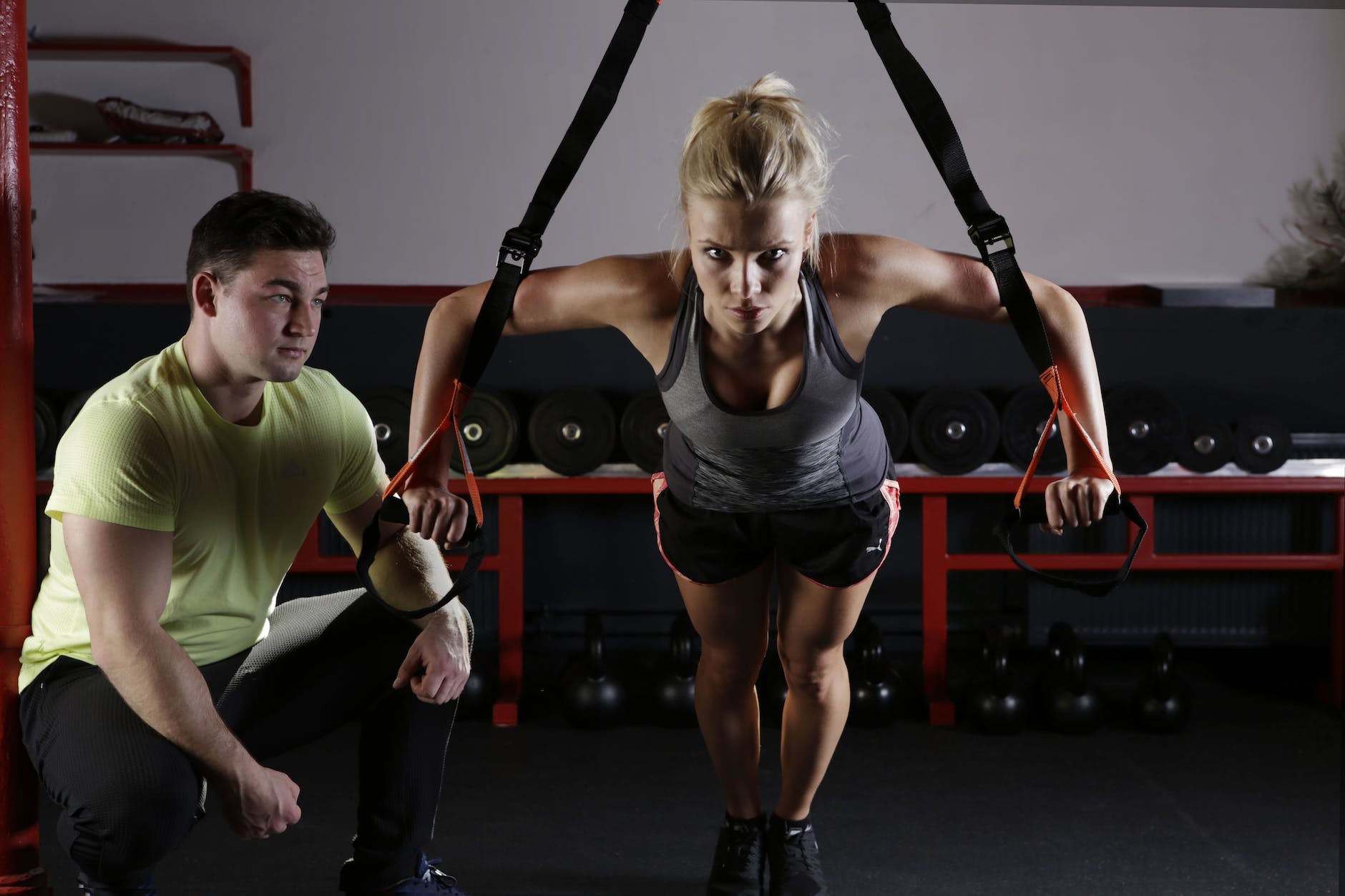How to Choose the Right Fitness Trainer for You


- How to Choose the Right Fitness Trainer for You
- Introduction
- 1. Assess Your Fitness Goals
- 2. Qualifications and Certifications
- 3. Experience and Expertise
- 4. Training Approach and Philosophy
- 5. Availability and Scheduling
- 6. Communication and Rapport
- 7. Client Testimonials and Reviews
- 8. Cost and Value
- 9. Trial Sessions
- 10. Gut Feeling
- Conclusion
How to Choose the Right Fitness Trainer for You
Introduction
When it comes to achieving your fitness goals, finding the right fitness trainer can make a world of difference. A knowledgeable and experienced trainer can provide you with the guidance, support, and motivation you need to reach your full potential. But with so many options out there, how do you choose the right fitness trainer for you? In this comprehensive guide, How to Choose the Right Fitness Trainer for You, we will walk you through the key factors to consider when making this important decision.
1. Assess Your Fitness Goals
Before you start searching for a fitness trainer, take some time to assess your fitness goals. Determine what you want to achieve, whether it's weight loss, muscle gain, improved endurance, or overall fitness. Understanding your goals will help you find a trainer who specializes in the areas you're most interested in.
2. Qualifications and Certifications
One of the most crucial factors to consider is the qualifications and certifications of the fitness trainer. Look for trainers who hold certifications from reputable organizations such as the American Council on Exercise (ACE), the National Academy of Sports Medicine (NASM), or the International Sports Sciences Association (ISSA). These certifications indicate that the trainer has undergone proper training and meets industry standards.
3. Experience and Expertise
While certifications are essential, experience and expertise are equally important. Look for trainers who have a proven track record of working with clients similar to you. For example, if you're a beginner, finding a trainer with experience in guiding beginners can be highly beneficial. Similarly, if you have specific health conditions or injuries, seek a trainer who has expertise in working with clients with similar challenges.
4. Training Approach and Philosophy
Every fitness trainer has their unique training approach and philosophy. It's crucial to find a trainer whose approach aligns with your preferences and values. Some trainers focus on high-intensity workouts, while others emphasize functional training or holistic wellness. Take the time to discuss their training methods, understand their philosophy, and see if it resonates with your fitness goals and preferences.
5. Availability and Scheduling
Consider the availability and scheduling options offered by the fitness trainer. Are they flexible with their time? Do their hours align with your schedule? It's important to find a trainer who can accommodate your preferred workout times to ensure consistency in your training routine.
6. Communication and Rapport
Effective communication and a good rapport between you and your fitness trainer are crucial for a successful training experience. During the initial consultation or trial session, pay attention to how well you connect with the trainer. Do they listen to your concerns? Do they provide clear instructions? Open and honest communication will contribute to a positive and productive trainer-client relationship.
7. Client Testimonials and Reviews
A reputable fitness trainer should have a track record of satisfied clients. Look for testimonials and reviews from previous or current clients. Positive feedback and success stories can provide insight into the trainer's effectiveness and the results they deliver. Additionally, you can reach out to people you know who have worked with the trainer to get firsthand recommendations.
8. Cost and Value
While cost shouldn't be the sole determining factor, it's essential to consider your budget and the value you'll receive from the fitness trainer. Different trainers may have varying rates based on their qualifications and experience. Compare prices, but also consider the overall value you'll receive in terms of personalized attention, expertise, and support.
9. Trial Sessions
Many fitness trainers offer trial sessions to give you a firsthand experience of their training style and approach. Take advantage of these trial sessions to assess whether the trainer is the right fit for you. Pay attention to how they instruct, motivate, and provide feedback during the session. This will help you make an informed decision.
10. Gut Feeling
Last but not least, trust your gut feeling. Sometimes, despite all the qualifications and recommendations, you may not feel a strong connection or compatibility with a particular fitness trainer. It's important to choose someone with whom you feel comfortable, motivated, and inspired. Trusting your instincts can lead you to the right fitness trainer for your needs.
Conclusion
Choosing the right fitness trainer is a critical step on your fitness journey. By assessing your goals, qualifications, experience, training approach, and other important factors, you can make an informed decision that will set you up for success. Remember, it's about finding the trainer who understands your needs, supports your goals, and can guide you towards achieving your full potential. https://diabetescure4u.com/


